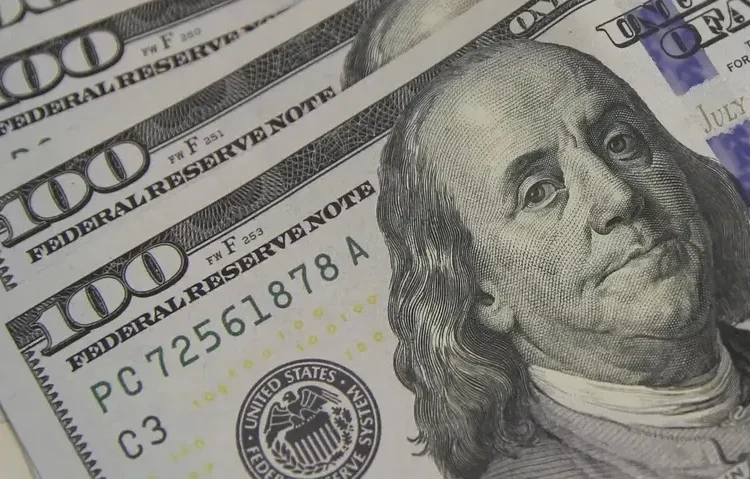The rise and fall of the dollar have been at the center of economic news in recent months. The US currency appreciated significantly last year, ending 2024 with a 27.4% increase against the Brazilian real—one of the highest in the world. In the first days of 2025, it fell back to BRL 6.10 per dollar, prompting Finance Minister Fernando Haddad to discuss “accommodation.”
For the national economy, a return of the dollar to below BRL 6.00 would be positive due to its impact on inflation, interest rates, and economic growth. However, according to economists interviewed by Brasil de Fato, this is less dependent on the fundamentals of the Brazilian economy or measures to cut public spending— which some claim is the reason for the financial market's distrust and pressure on the exchange rate.
Mauricio Weiss, an economist and professor at the Federal University of Rio Grande do Sul (UFRGS in Portuguese), stated that the dollar rate in Brazil is highly linked to speculation. This occurs mainly in the currency derivatives market—a type of instrument designed to reduce risks in buying and selling contracts, but which allows for high-risk, high-gain operations in investments.
Weiss said that the Brazilian real is the currency with the largest derivatives market in the world among emerging countries, behind the dollar and the euro.
This market expanded when Brazil was experiencing high inflation rates, and investors needed to protect themselves from price fluctuations. However, it became so large and diverse that it opened up space for speculation, influencing the dollar rate more than the actual economy.
Economist Pedro Rossi described this scenario in his 2016 book, Taxa de Câmbio e Política Cambial no Brasil (roughly translated as Exchange Rate and Exchange Rate Policy in Brazil). In a December interview with Brazilian website UOL, Rossi said that speculation is largely to blame for the volatility of the dollar in Brazil.
He noted that the US currency has been appreciating in recent months against almost all the world's currencies. This is partly explained by the election of Donald Trump, who promises policies that could lead to higher interest rates in the US. Higher interest rates tend to attract dollars to US investments, resulting in a shortage of dollars in other countries and rising currency prices in those territories.
Rossi pointed out that the rise is more abrupt in Brazil, and it was also stronger when the dollar was falling. This characteristic of the foreign exchange market in the country is due to investors speculating in search of profit. “The root of the problem is the foreign exchange market and financial speculation,” he said.
Other speculation methods
José Luis Oreiro, an economist and professor at the University of Brasilia (UnB), believes that while the derivatives market has limited influence on the dollar's price in Brazil, speculation remains a key factor. He noted that external factors have led to the real's appreciation against the dollar, but internal factors amplify the devaluation.
One such factor is the investment of Brazilian individuals abroad in dollars, which was permitted by a law sanctioned by Bolsonaro in 2021. This change led to the rise of fintechs offering foreign currency investments to Brazilians, giving speculators more power to operate by devaluing the real.
Control measures
Oreiro advocates for measures to control capital movement to stabilize the dollar's exchange rate. He suggests banning financial investments by Brazilians in dollars and reversing the 2008 authorization allowing Brazilian exporters to keep dollars from foreign sales outside the country. He argues that Brazil has made the foreign exchange market too flexible over the past 20 years, necessitating the re-establishment of control mechanisms.
Weslley Cantelmo, economist and president of the Economias e Planejamento Institute, [a Brazilian federal public foundation linked to the Ministry of Economy] agrees with Oreiro and calls for action against speculation. He highlights that until the 1990s, Brazil had stricter capital controls and mechanisms to combat speculation, which have since become scarce. The state's current action against dollar volatility focuses on auctioning part of the national reserve to increase supply.
Pedro Faria and Mauricio Weiss advocate for government action to control the derivatives market, suggesting higher margins or increased taxation on derivatives operations. While the derivatives market protects exporters and importers against currency fluctuations, its use for speculation has harmful effects on Brazil's exchange rate.
So far, the government has not taken measures to control the market and reduce exchange rate fluctuations. Minister Haddad has ruled out increasing taxes on certain dollar transactions, despite recommendations from economists interviewed by Brasil de Fato.




